Ofcom Opens UK Radio Spectrum for Smaller Local Wireless Networks UPDATE
As expected Ofcom has today unveiled a new sharing framework that will be applied via four of the United Kingdom’s radio spectrum frequency bands (airwaves), which should make it possible for smaller mobile and fixed wireless broadband ISP networks to be created in order to deliver local coverage or industrial use.
Under the plan Ofcom will make available the 3.8-4.2GHz, 1800MHz and 2300MHz (2.3GHz) shared spectrum bands for new users under the spectrum sharing framework. The regulator will manage and coordinate access to these bands on a per location, “first come, first served basis“.
On top of that they also intend to add further spectrum in the 26GHz band (24.25-26.5GHz) to this framework (useful for future 5G fixed wireless links) but seemingly only for indoor use. A licence fee of £320 will be applicable per licence, payable annually for 50MHz, 100MHz or 200MHz channels.
Most of the above bands are already being used by mobile and wireless providers, which means that Ofcom will need to assess the risk from interference with other nearby users or networks. In order to apply for access to these airwaves, interested parties will need to provide the regulator with details of the spectrum band they want to access, the amount of spectrum they wish to use and where in the country they plan to use it.
Apparently there will be two types of Shared Access licence (distinguished primarily by permitted power levels) to cater for different types of potential uses, which we’ve summarised below.
Ofcom’s New Shared Access Licences
• Low power licence (per area licence): This will allow users to deploy the required number of base stations in a circular area with a 50-metre radius without further authorisation from Ofcom. For large sites, people can apply for multiple licence areas to achieve the required coverage area.
• Medium power licence (per base station licence): Given the higher transmit power and larger potential interference area, this licence will be issued on a per base station basis and, generally, for deployments in rural areas only, where they are unlikely to constrain low power users.
Ofcom will of course charge an annual licence fee for both the low power licence (charged on a per area basis) and medium power licence (charged on a per base station basis) as set out below. In practice this works out as £80 per 10MHz for 3.8-4.2GHz (e.g. 20 MHz = £160; 100 MHz = £800 etc.) or £80 for 2300MHz shared spectrum (10MHz) and 1800MHz shared spectrum (2 x 3.3 MHz).
Where spectrum is licensed on a national basis to mobile network operators and is not being used in every location, Ofcom says it is appropriate to enable access to this spectrum for new users. “If we agree, following discussion with the incumbent licensee, that the new user is unlikely to interfere with their network or constrain their future plans, we will issue a local access licence,” said Ofcom. Users will pay £950 per licence, which allows them to use the spectrum for up to 3 years (or longer if agreed with the relevant mobile company).
The regulator hopes that this approach could foster potentially thousands of innovative new wireless networks, such as local 5G networks inside big factories or across rural farms. Other potential examples include business parks, holiday parks, shopping centres and transport hubs (i.e. ports and companies in the logistics industry may also be interested in setting up their own local networks).
In theory it may even be used to improve mobile connectivity in rural areas. Imagine a rural broadband ISP setting up their own mobile network, which could help to support the economic case for remote “full fibre” FTTH builds.
Philip Marnick, Spectrum Group Director at Ofcom, said:
“Wireless spectrum is a valuable, finite resource, so it’s vital we use it efficiently.
Our new sharing approach will help more people access airwaves to create local networks around the UK. The benefits of this innovation could extend across our economy, from farms to factories, as well as supporting new technology firms.”
However Ofcom admits that “demand for these new licences is currently uncertain” and it may review the licence fees if there is evidence enough to warrant doing so. On the other hand this idea may not be well received by the primary Mobile Network Operators (MNO) like EE (BT), Vodafone, O2 and Three UK.
A similar approach has already been deployed in Germany, where 100MHz of mid-band spectrum was reserved for local and industrial use, although the primary MNOs in that market have criticised the move and accused it of helping to drive-up the price of spectrum during one of the country’s recent 5G auctions.
People and businesses can apply for Local Access licences for licensed mobile spectrum bands immediately following today’s publication, and Shared Access licences in the 1800MHz shared spectrum, 2300MHz shared spectrum, 3.8-4.2GHz band and lower 26GHz band by the end of 2019. Further details here.
Admittedly some of the aforementioned use cases can already be covered by outdoor WiFi deployments, although there are areas where WiFi may struggle and those bands are already congested. Once again it remains to be seen what sort of solutions the market creates and whether they can deliver something better than what is already possible.
Meanwhile Ofcom said they were also commencing work to consider whether it would be appropriate in the future to transition towards a Dynamic Spectrum Access (DSA) approach supported by a fully automated central database in the bands outlined under our spectrum sharing framework. The DSA method is something that Ofcom has already used for TV White Space (TVWS) technology, which harnesses the ever changing gaps between TV channels in order to deliver data connectivity over a wide coverage area.
UPDATE 31st October 2019
Ofcom have begun to consult on the two aforementioned new types of spectrum licences as part of theit spectrum sharing approach: the Local Access Licence and the Shared Access Licence. The consultation closes at 5pm on 3 December 2019.
A) The Shared Access licence, which gives access to four spectrum bands which support mobile technology (in the 1800 MHz, 2300 MHz, 3.8 to 4.2 GHZ and 24.25 to 26.5 GHz frequency bands).
B) The Local Access licence, which provides a way for other users to access spectrum which has already been licensed to the UK’s Mobile Network Operators (MNOs), in locations where an MNO is not using their spectrum.
Mark is a professional technology writer, IT consultant and computer engineer from Dorset (England), he also founded ISPreview in 1999 and enjoys analysing the latest telecoms and broadband developments. Find me on X (Twitter), Mastodon, Facebook and Linkedin.
« O2 UK Sets October 2019 Rollout for Ultrafast 5G Mobile Broadband
Latest UK ISP News
- FTTP (5515)
- BT (3514)
- Politics (2537)
- Openreach (2297)
- Business (2262)
- Building Digital UK (2244)
- FTTC (2043)
- Mobile Broadband (1973)
- Statistics (1788)
- 4G (1664)
- Virgin Media (1619)
- Ofcom Regulation (1461)
- Fibre Optic (1395)
- Wireless Internet (1389)
- FTTH (1381)
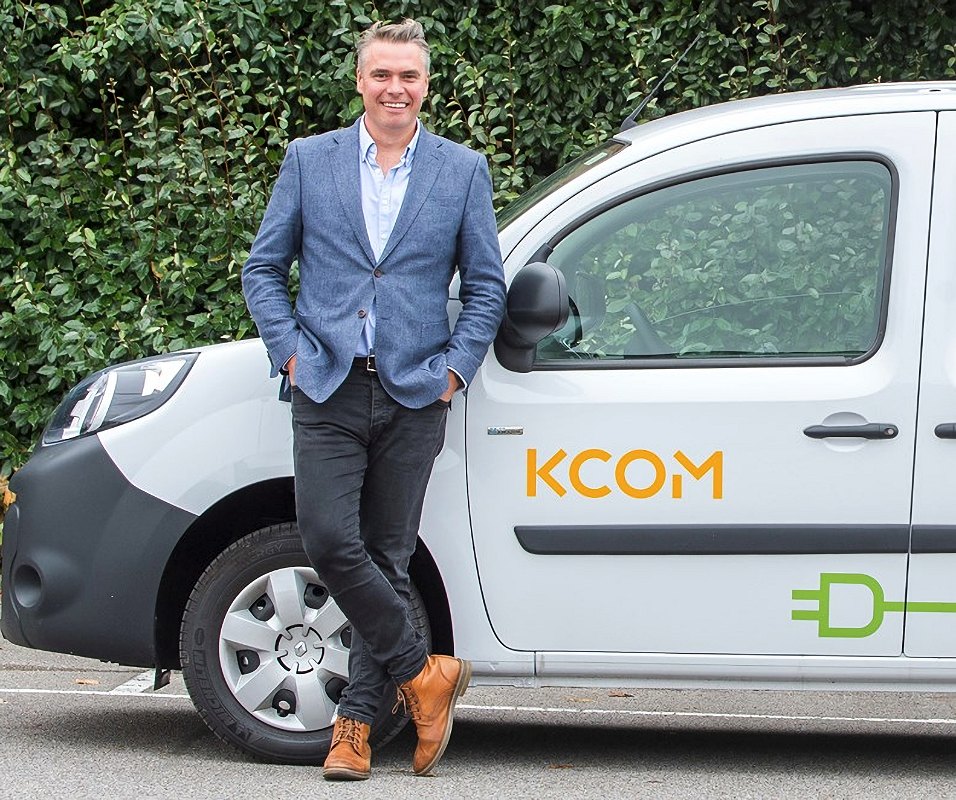

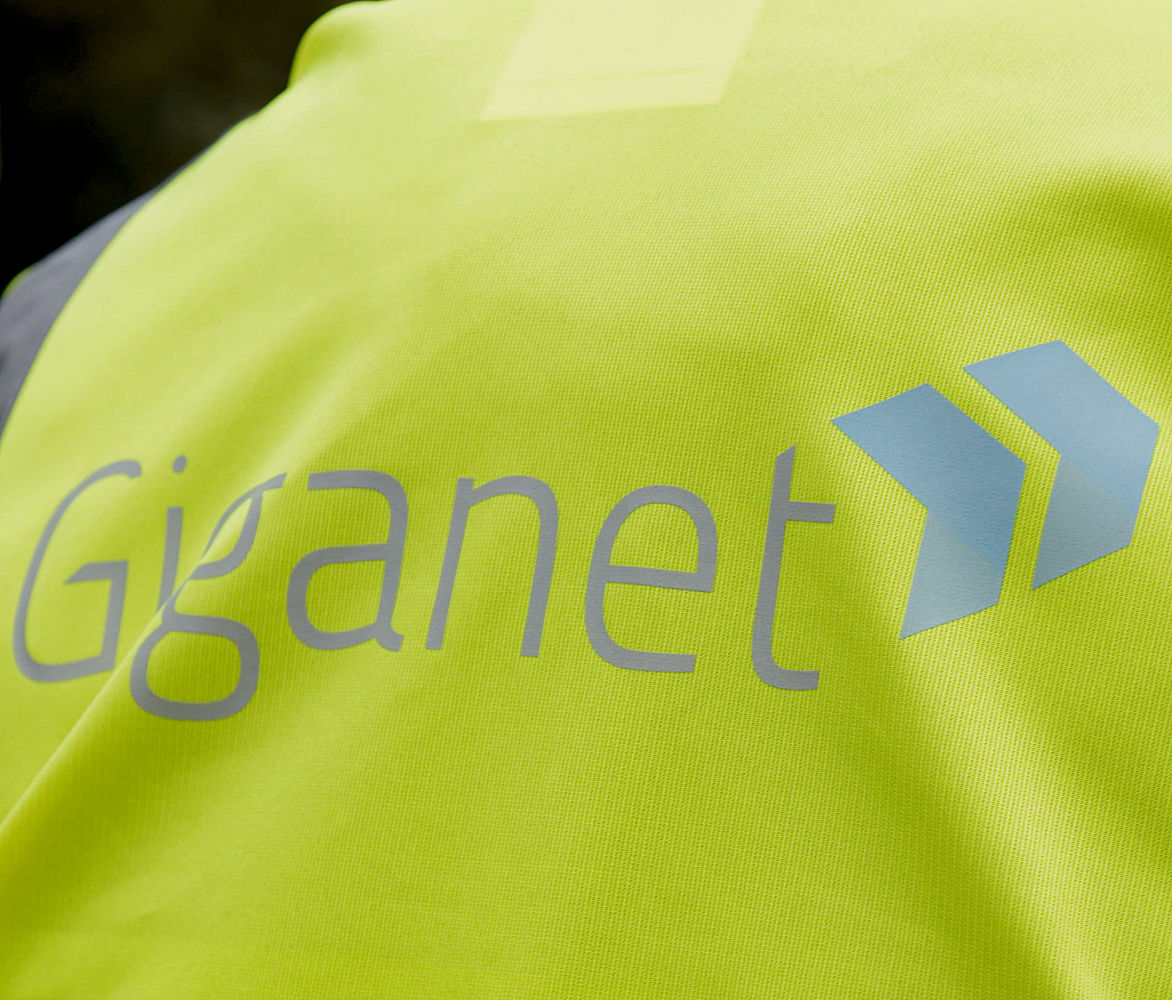

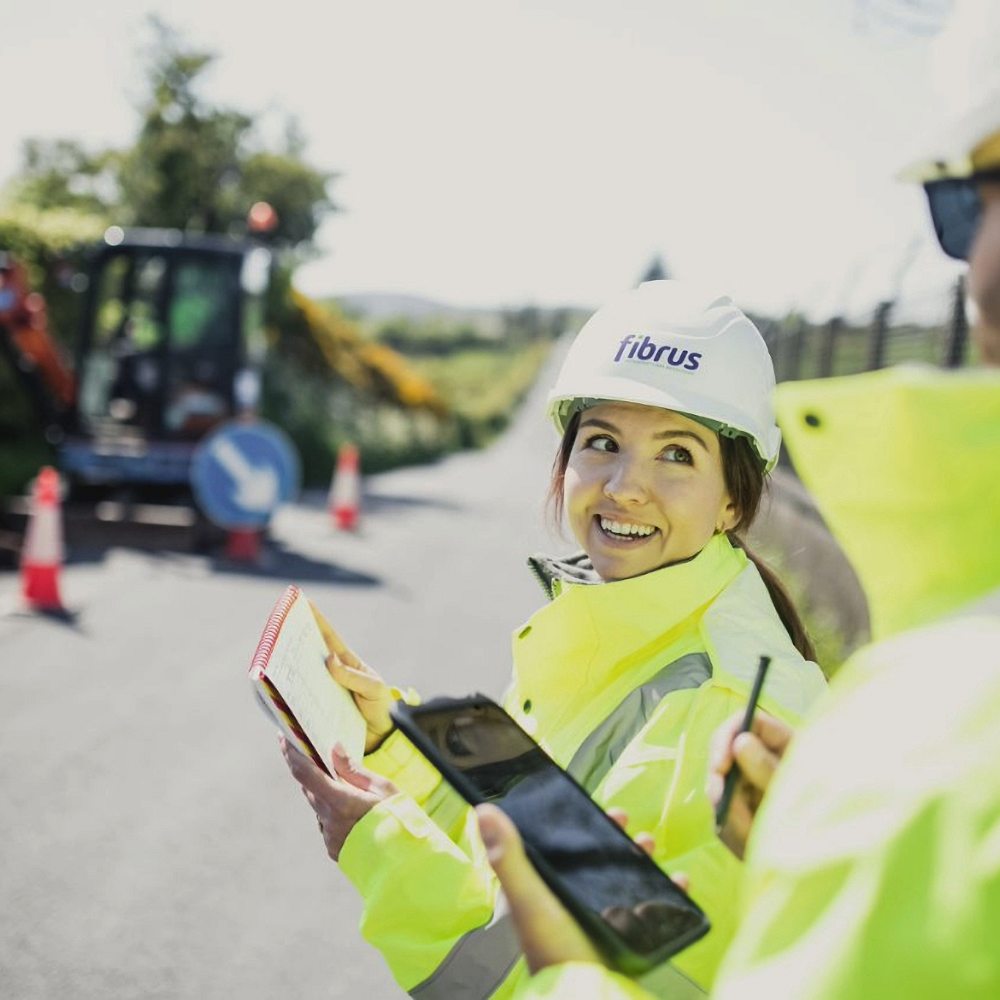
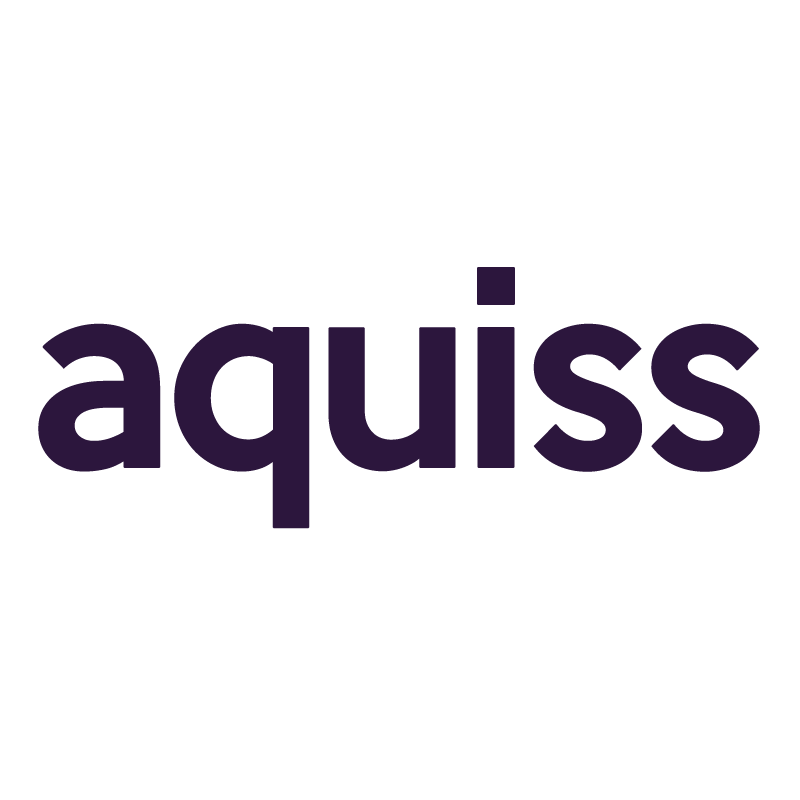




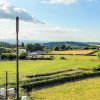






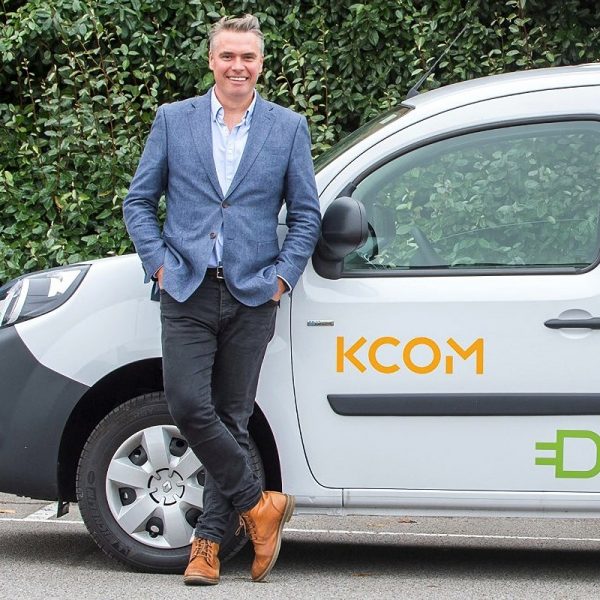
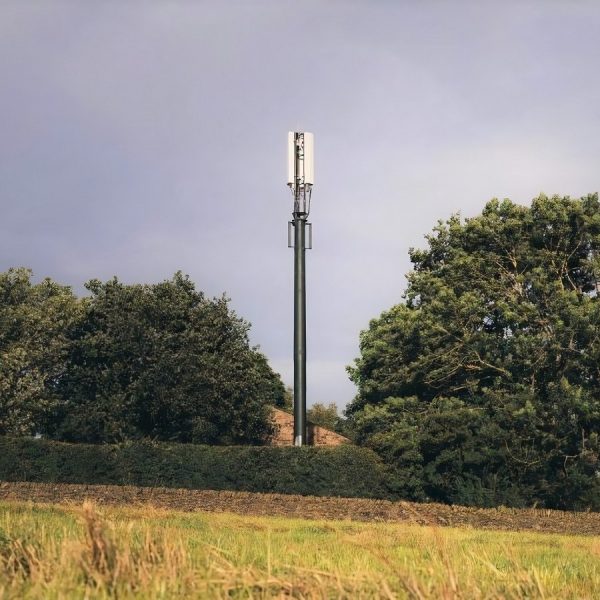
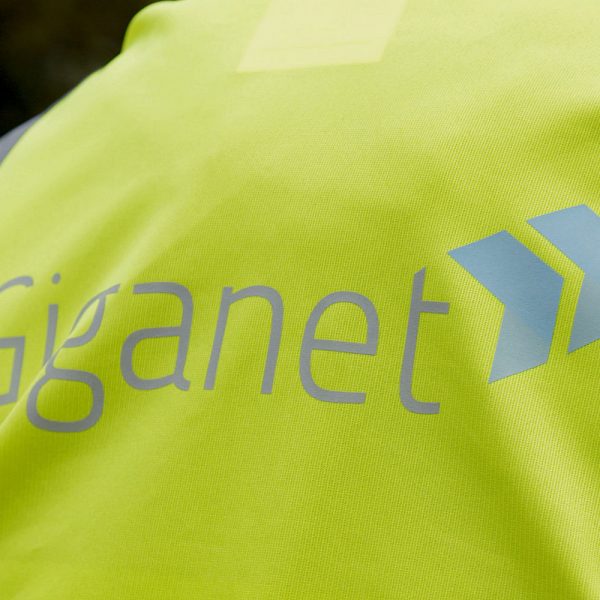




































This will be great for small communities to create their own FWA networks. [Fixed Wireless Access]
I suspect the people who would benefit from it will be up in arms because it’s radio waves, and all radio signals cause cancer. It has hampered roll-out of mobile or radio internet here, the nostalgia of the 1970s one person said, without internet or mobile.